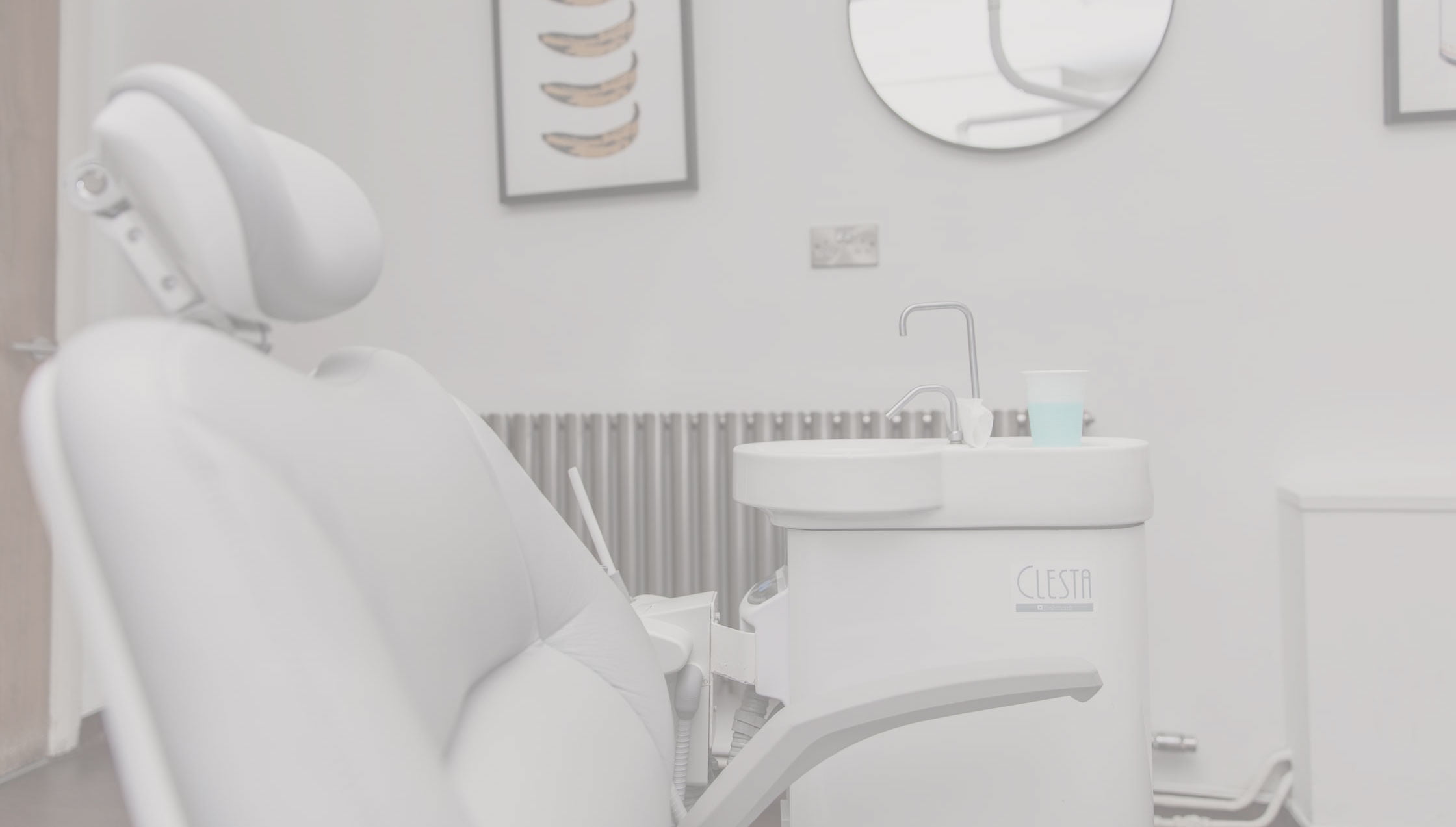Dentures are removable false teeth that come with a host of benefits, including helping to improve how you eat and speak, as well as boosting your confidence by restoring your smile. They can also enhance facial shape, especially around the lips and in the cheek area. You can either have partial dentures for a few missing teeth or full dentures to replace a whole set of teeth on the upper or lower jaw.
If you are missing a single tooth, or have multiple missing teeth you would like to replace, dentures are a strong, stable and effective option. They are usually made from acrylic or a combination of acrylic and metal. Modern materials mean that partial dentures will blend in beautifully with existing teeth and complete dentures can pass for the real thing.
Replacing a full set of teeth with complete dentures provides vital support to your facial structure, keeping it from prematurely sagging around your cheeks and jaw. Partial dentures help your remaining natural teeth stay in position, stopping them moving and causing you problems with misalignment.
Want to learn more? Book a consultation today
Find out moreThere are different types of denture available, depending on the material that the base is made from. The best of these is undoubtedly a cobalt chrome base. This can be made smaller and often does not cover the roof of your mouth. It relies on adjacent teeth to keep it in place. It is very close fitting and has to be made more precisely than other types. It can only be used where the other teeth and gums are quite healthy.
If you are not suitable for a chrome cobalt denture, or want a slightly cheaper alternative, then dentures are made from acrylic. These tend to be a bit bulkier than chrome cobalt, usually cover the roof of your mouth and are slightly more inclined to fracture. However, if made well there is no reason why they should not last many years.
Sometimes it is possible to make small flexible dentures (Valplast) which grip adjacent teeth. These can only be used in certain situations.
Making and fitting dentures can be quite an involved process so you may have to attend several appointments to ensure the final set of dentures are a secure and comfy fit.
Following a comprehensive consultation, impressions of your mouth will be taken so a wax model can be produced and checked for fit, bite and comfort. This is changed and adjusted until we are both happy with the look and feel of the model.
Your final set of dentures will be manufactured in a laboratory and once we are happy everything is right, will be fitted in the surgery. If you are having complete dentures, these will be fitted in the top or bottom of your mouth. This complete denture will consist of a gum coloured arch with a set of prosthetic teeth attached. Partial dentures will be used if you only have one or a few missing teeth and may be held in place with metal hooks attached to existing teeth.
It can take a little while to get used to your new dentures, so we give you some tailored tips and advice to help.
For further information for new denture wearers, please click here.
Dentures are designed to be hard-wearing, but they will last longer if you treat them with care. We advise that dentures should be removed before you go to bed, so your gums can have a rest, although this can be a personal preference.
Clean your dentures with a special denture brush and remember to keep your gums and any remaining teeth clean too with normal brushing and other aids. You will also need to attend regular check-ups so your dentist and hygienist can keep an eye on your oral health.
You should wear your dentures for around 8 hours a day at least. This gives your jawbone and gums time to get used to the dentures and prevents sore spots from developing. It is preferable to take them out at night time to give your gums a chance to rest.
It’s best to avoid hard & chewy foods, as well as sticky or spicy foods and alcohol while your mouth is sore or healing. To get used to the feeling of dentures, you should try not to rush eating so you can focus on the eating process and take small bites or cut up your food into bite size pieces so less chewing is required.
It can take a little while to get used to your new dentures, especially if they are a complete set. They may feel odd at first and eating can be tricky, so it may be a good idea to start with softer foods and slowly introduce more challenging items. The amount of saliva in your mouth may increase, but this should soon improve as your mouth gets used to your replacement teeth.
Initially, speaking may be difficult but you can improve this by reading aloud. If you are experiencing any sore spots in your mouth, the denture surface may need some adjustment.
We’re here to help if you need us. Get in touch today - we’re looking forward to hearing from you!
Book your next appointment today
